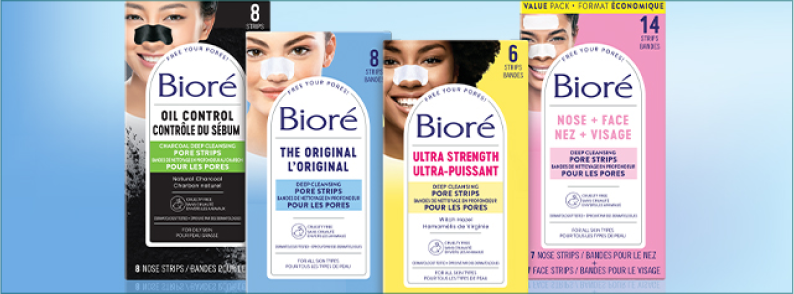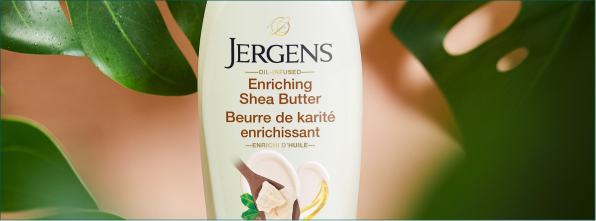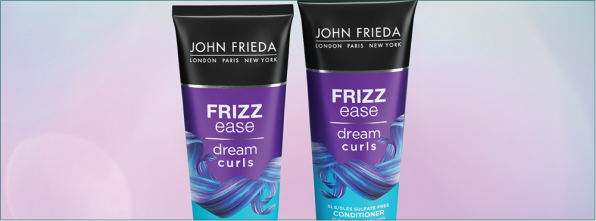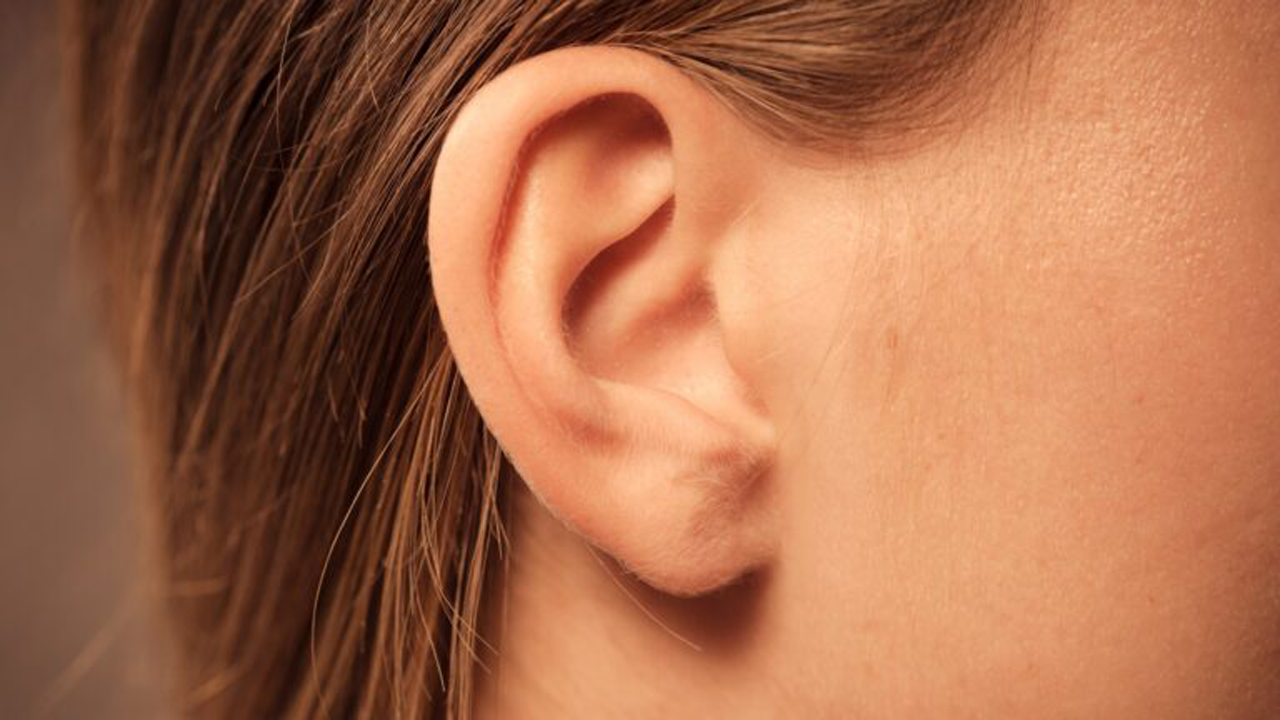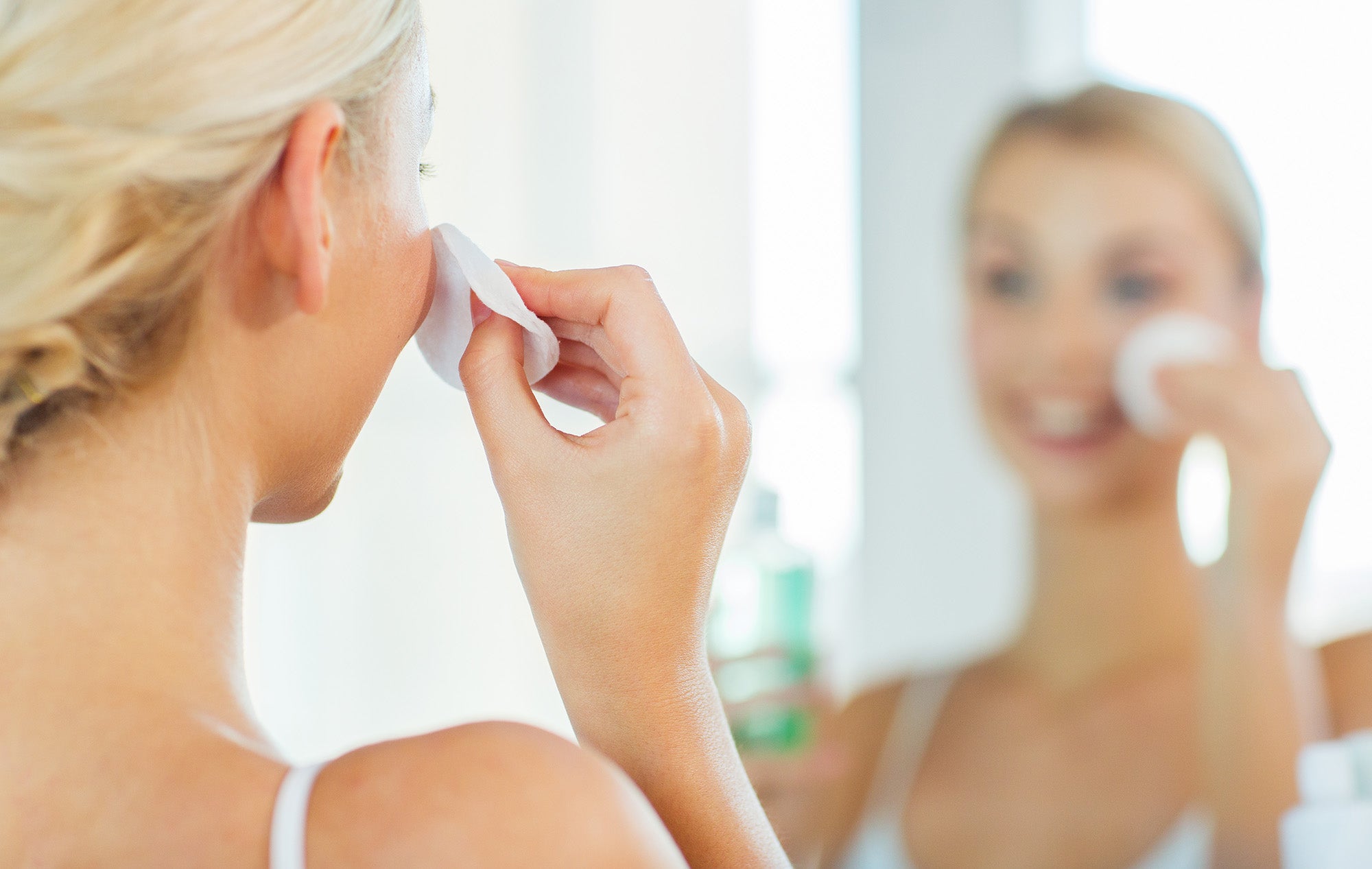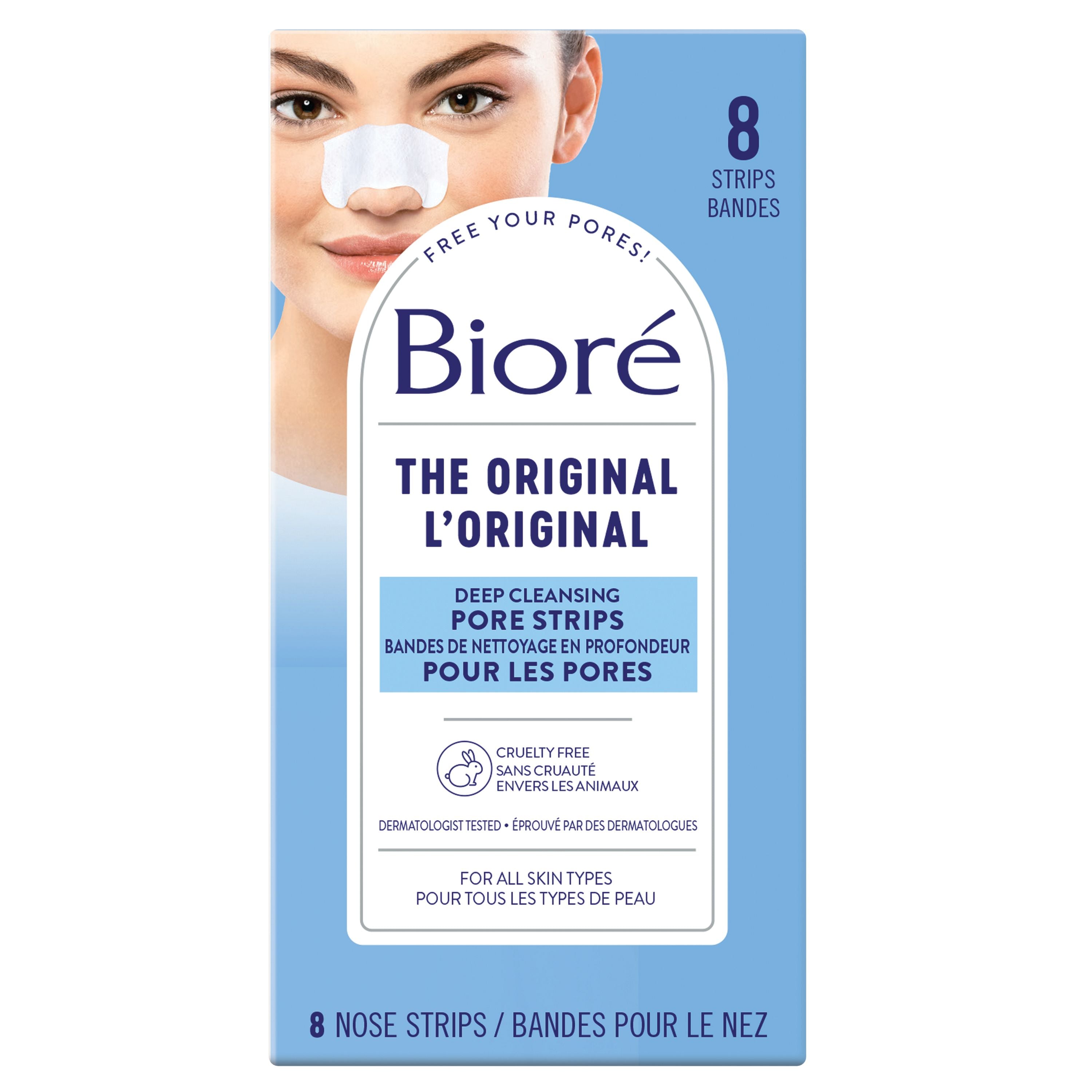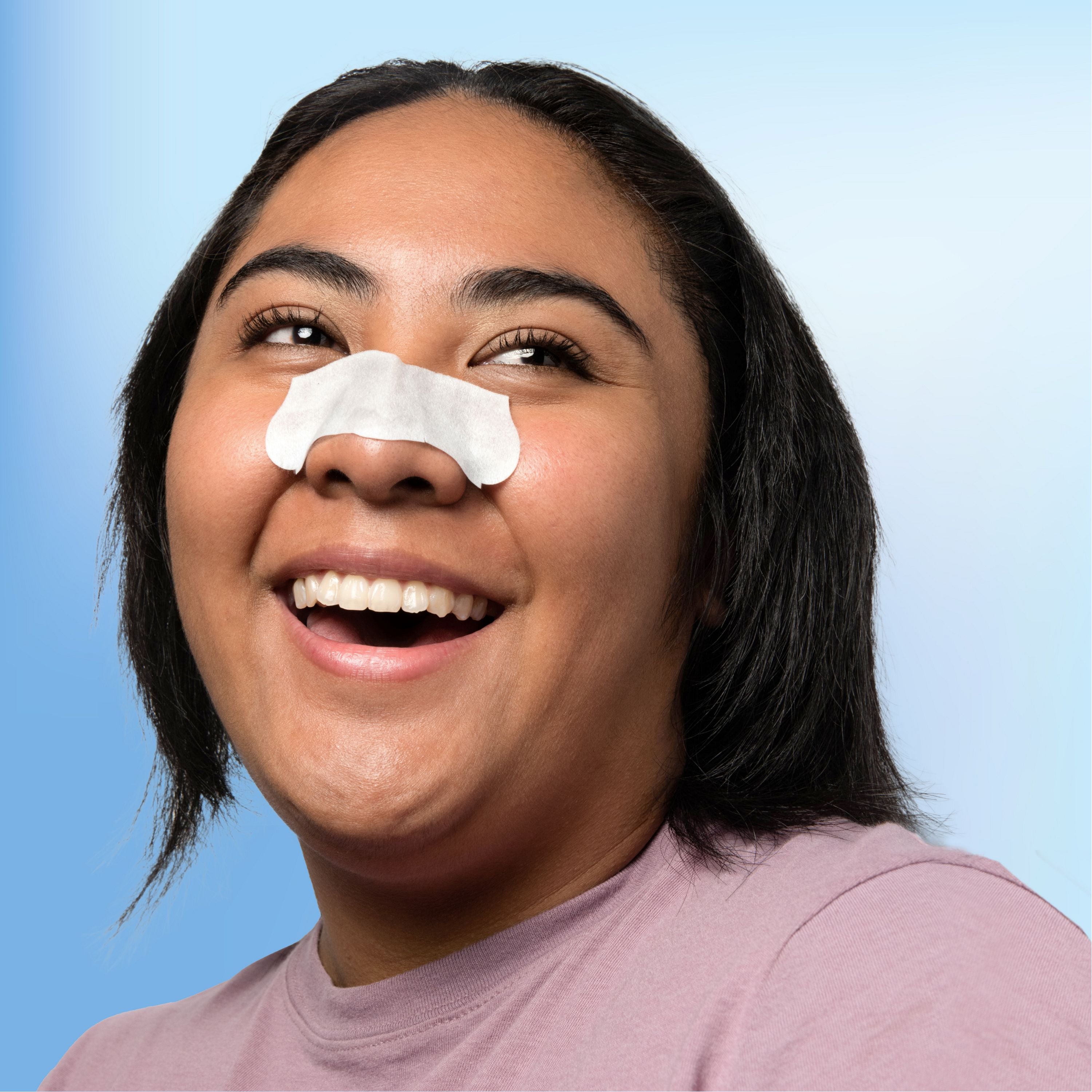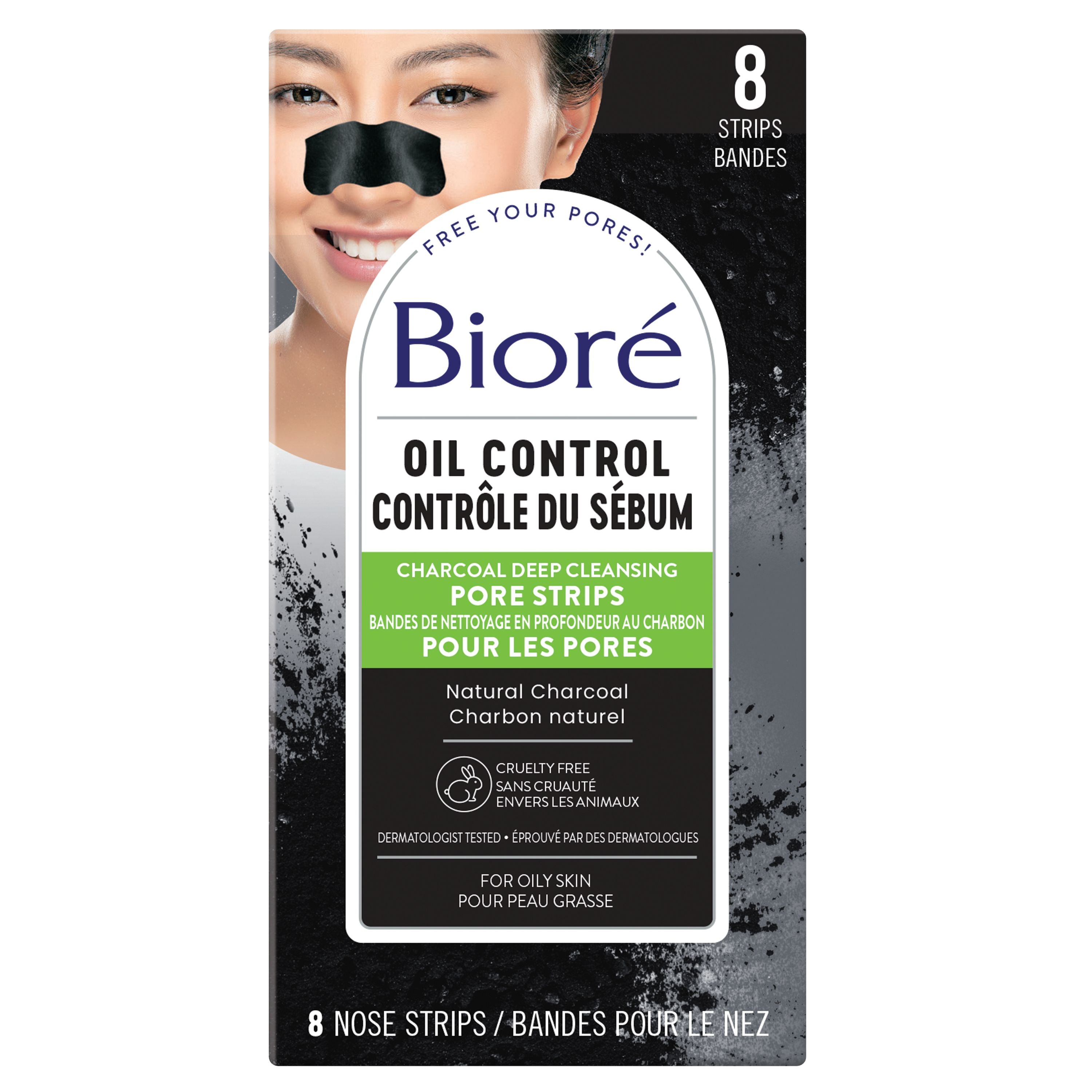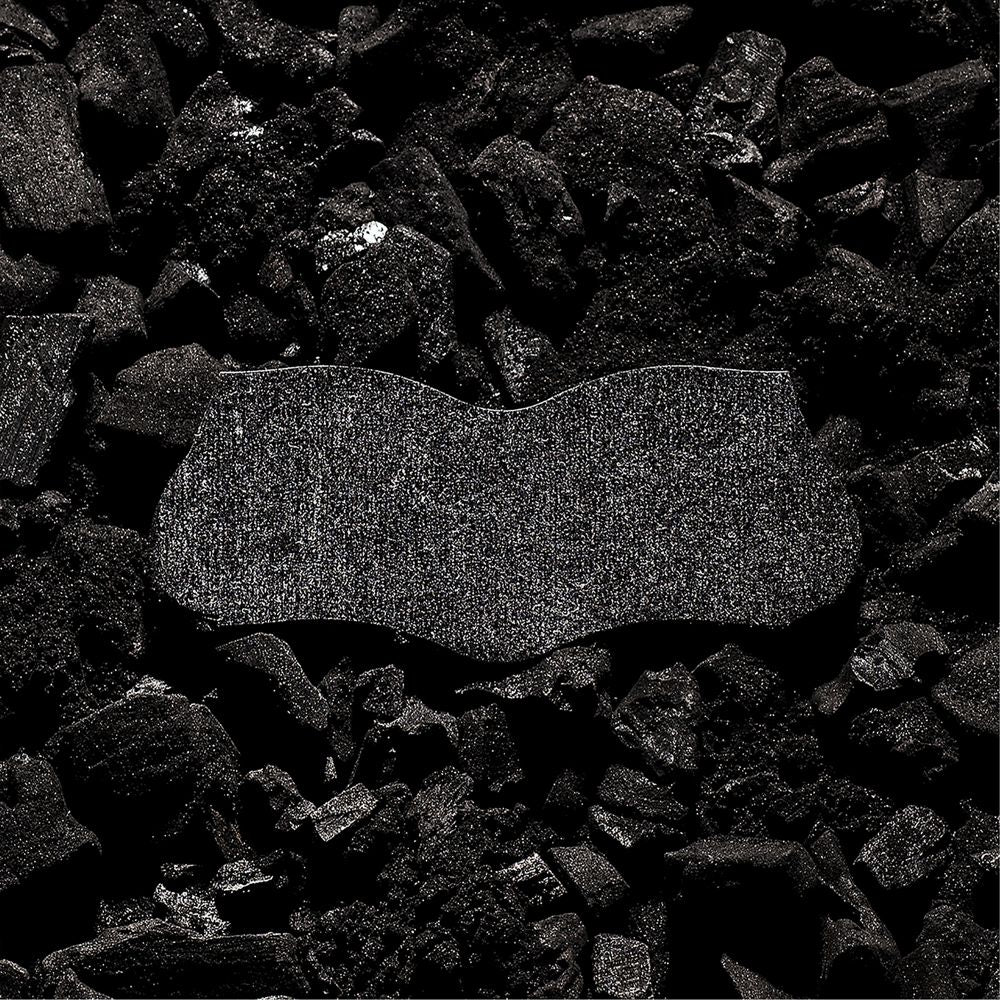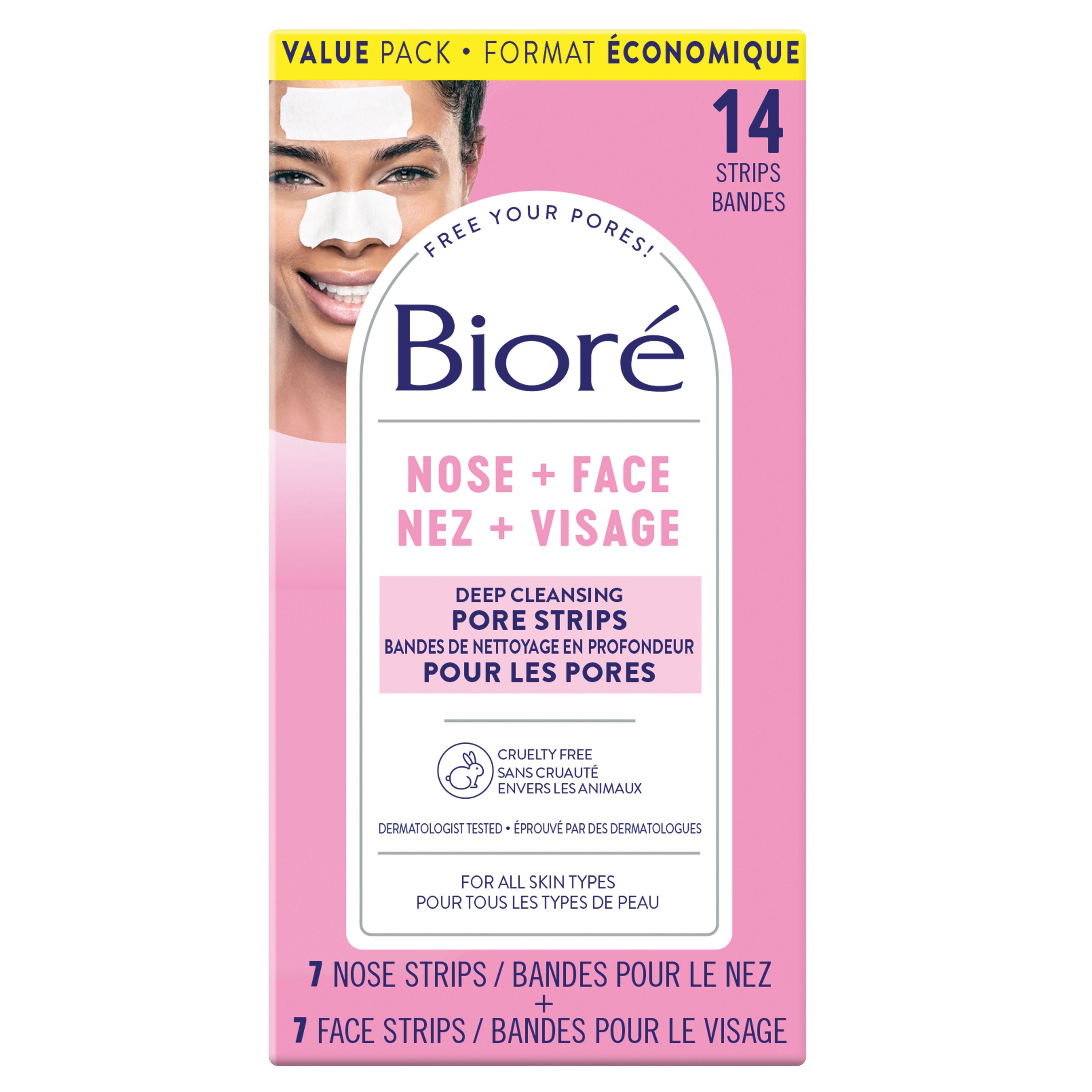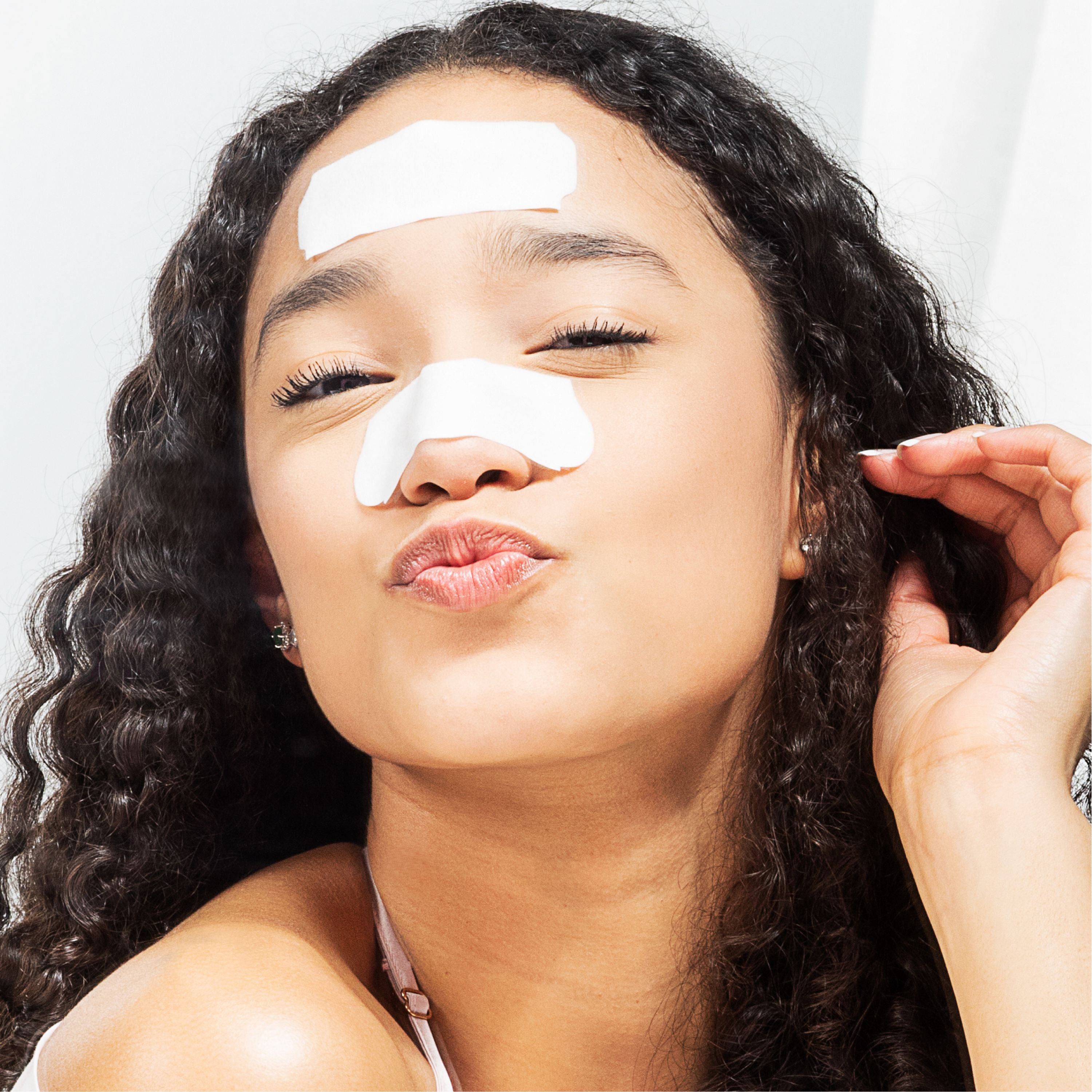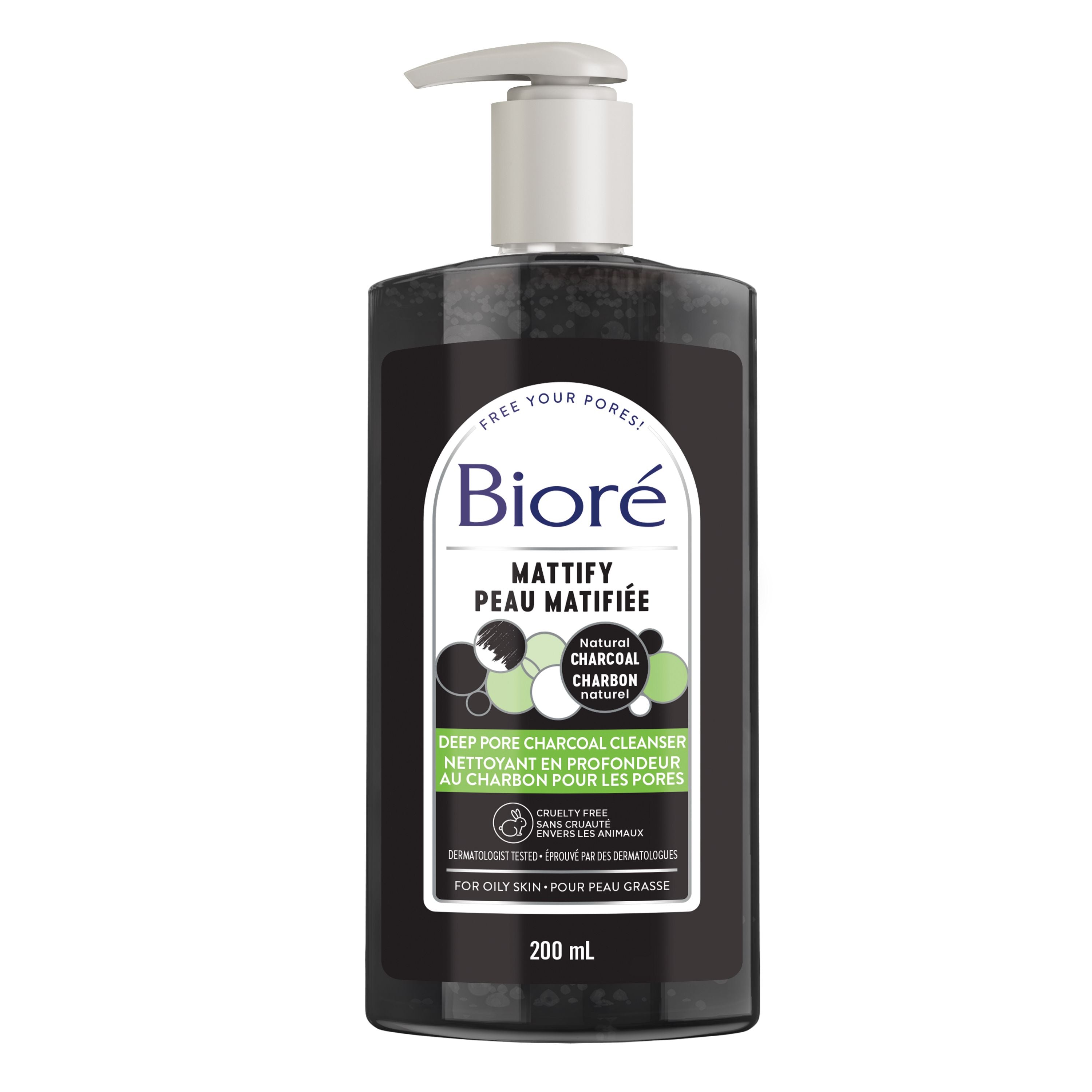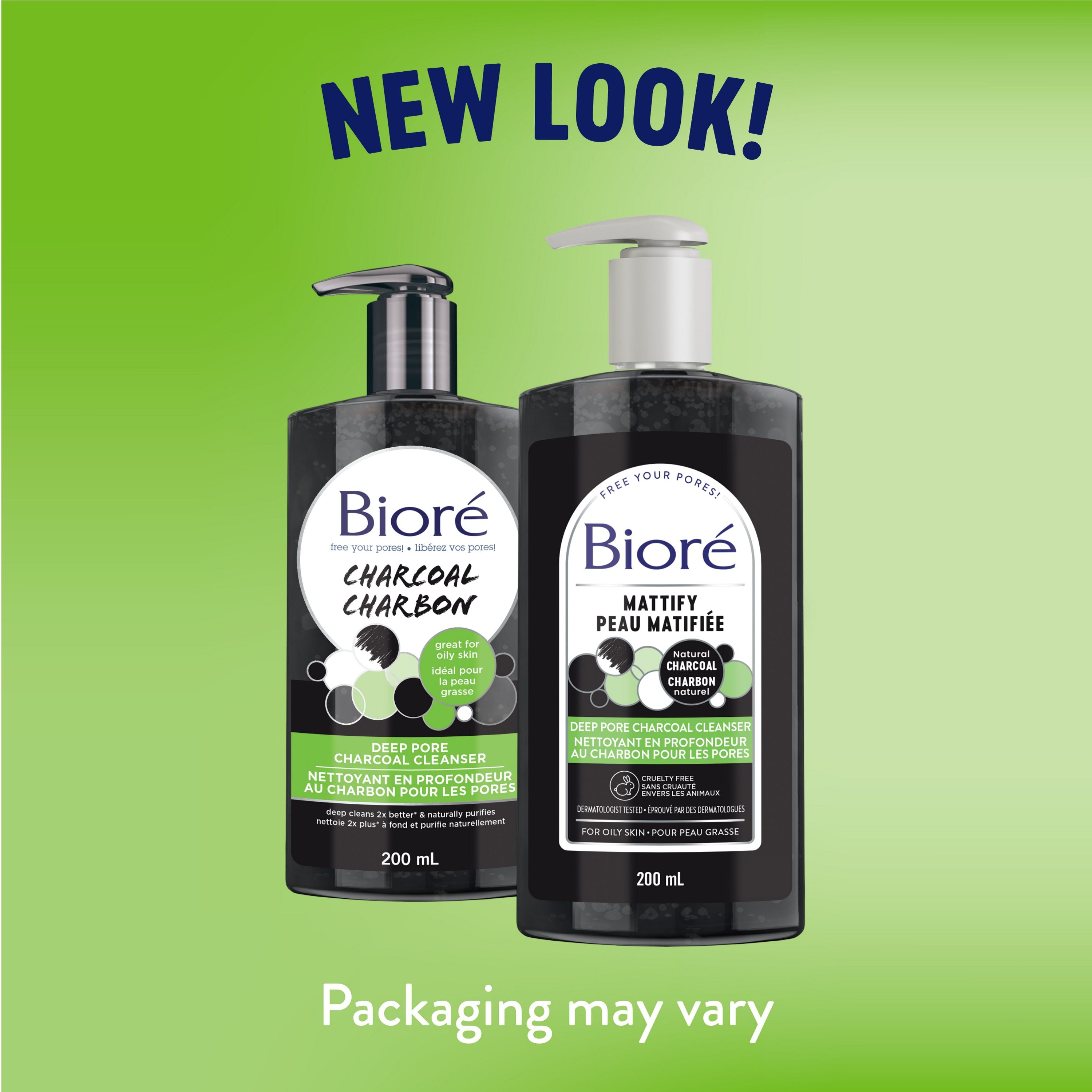What Causes Blackheads on Your Nose?
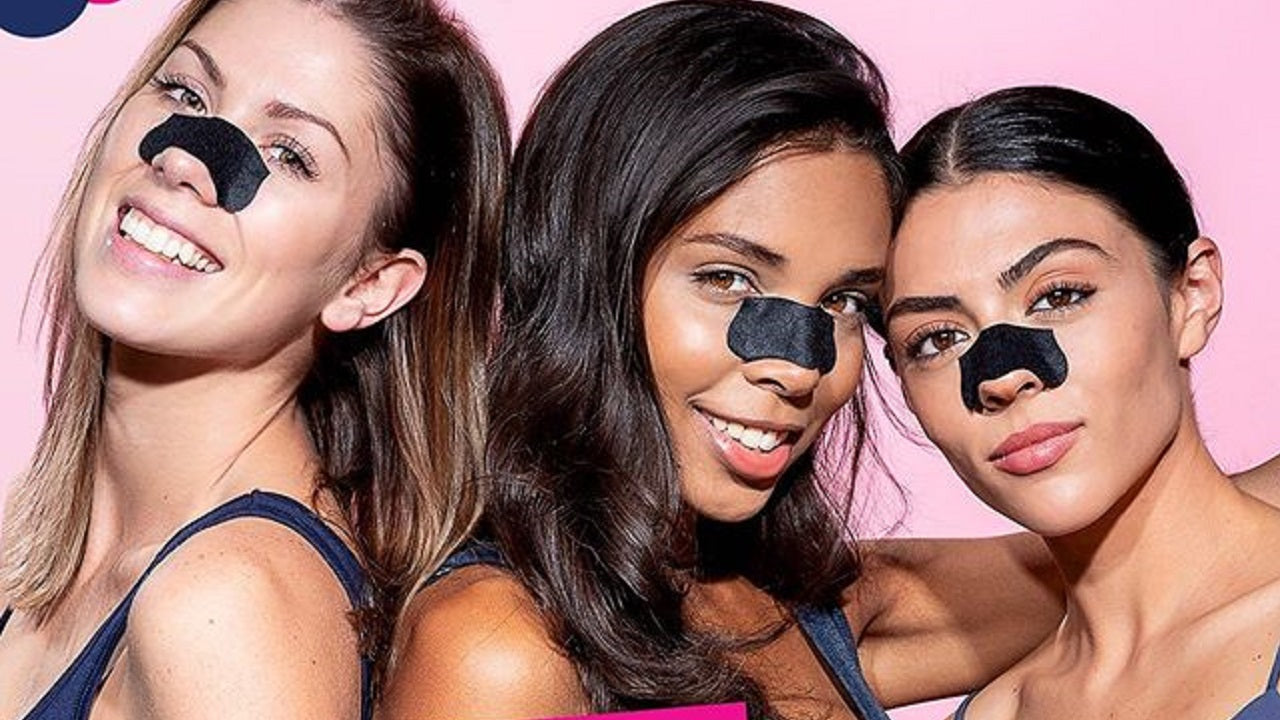
If only we could ban blackheads. These bothersome blemishes commonly affect your nose because of the density of pores and oil production in that area.
What causes blackheads on your nose? A blackhead starts to form when your pores become clogged with materials like oil, sebum (a substance naturally produced by your skin), makeup, dirt, and bacteria. Blackheads are noninflammatory acne known as open comedones. When the material in an open comedone becomes exposed to oxygen, it turns black, which gives blackheads their appearance.
What Causes Blackheads on Your Nose?
The skin's natural oil production, accumulation of dead skin cells, and environmental exposure to dirt and debris contribute to the pore-clogging formula. Blackheads are most common in the pores that lie within your T-Zone, a section of your face that includes your nose, forehead, and chin. The skin in this area contains more oil glands than other parts of your face and body, which is one of the main factors why blackheads often pop up on your nose.
Each pore has a hair follicle and sebaceous gland, which produces sebum that naturally moisturizes the skin. Although your skin naturally produces this oil to help keep itself moisturized, too much oil can cause a blackhead breakout.
If you touch your nose a lot, blackheads can form due to excess dirt and bacteria getting into your pores. Make sure to avoid touching your face and also make sure to clean objects that commonly touch your face, like sunglasses and your cell phone.
What are Blackheads?
Blackheads are different from other types of acne, like whiteheads, pustules, and pimples. In the acne world, blackheads are clogged pores known as noninflammatory acne lesions. Blackhead plugs sit inside open pores and are dark in color due to a chemical reaction between the material in your pores and oxygen in the air.
Nose blackheads are sometimes confused with sebaceous filaments, which also appear on the nose. However, filaments do not clog the pores like acne. Instead, they are made up of natural oil that collects in a hair follicle, which can cause your pores to appear larger and darker.

How to Treat Blackheads on Your Nose
A consistent daily skincare regimen can banish blackheads. Important steps in this routine include:
- Wash your face up to twice a day with a facial cleanser that contains Salicylic Acid, your go-to ingredient for exfoliating the skin and removing blackhead-causing oil.
- Use pore strips weekly to instantly and safely remove blackheads on your nose. Pore strips use powerful magnet-like technology to cling to blackheads but not your skin. Check out our Pore Strips 101 for application tips!
- Exfoliate your skin with a chemical exfoliant like a glycolic acid toner or witch hazel toner, or physical exfolicant like a scrub a few times a week to help remove dead skin cells and other material that can clog your pores.
- For painful or excessive blackheads, ask your dermatologist about professional extractions. During professional extractions, a licensed professional carefully removes blackheads and other blemishes. Avoid home extractions, which can damage your skin and lead to infection and scarring.
Can Blackheads on Your Nose Be Prevented?
Once your nose is clear of blackheads, you can help keep it that way by following an effective skincare routine for oily skin. In addition to cleansing your face daily with a Salicylic Acid cleanser for acne and occasional exfoliation and extractions, you should:
- Choose oil-free moisturizer and UV protection.
- Select non-comedogenic cosmetics, which are specially designed not to clog pores.
- Wash pillowcases and makeup brushes every week to prevent excess bacteria.
- Carry cleansing cloths with you for a quick clean on the go.
- Avoid touching your face, especially with unclean hands.
Key Takeaways
- Blackheads are caused by dirt and oil that clog your pores and turn black when exposed to air.
- Help prevent and get rid of nose blackheads by incorporating a combination of cleansers with Salicylic Acid, pore strips, and gentle exfoliation into your skincare routine.
- Blackheads can be removed by an aesthetician or dermatologist, but should not be extracted at home to avoid infection and scars.
- You can help prevent blackheads by cleansing your skin with Salicylic Acid cleansers and choosing oil-free products specially formulated not to clog your pores.
